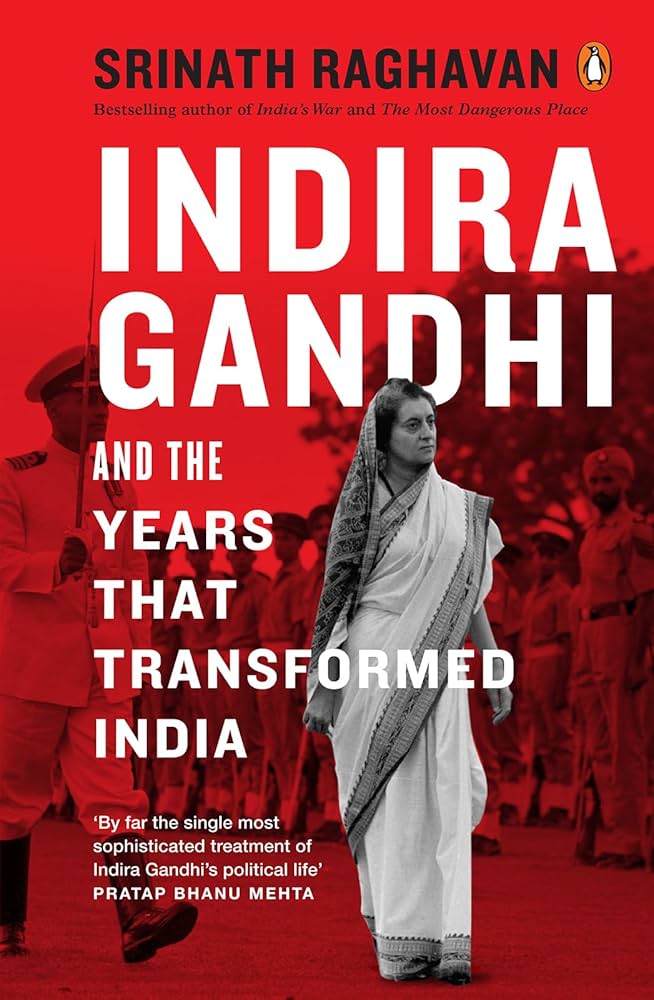Hard Bargain
 Indeed, these
elections were very like a popular acclamation of Indira Gandhi’s leadership.
The Congress party swept all the states. As P.N. Dhar conceded, this stunning
outcome was “a gift of the victory in the Bangladesh war; they were truly khaki
elections.” The political landscape was scythed clean of rivals and opponents.
The opposition parties were at once undone and unnerved.
Indeed, these
elections were very like a popular acclamation of Indira Gandhi’s leadership.
The Congress party swept all the states. As P.N. Dhar conceded, this stunning
outcome was “a gift of the victory in the Bangladesh war; they were truly khaki
elections.” The political landscape was scythed clean of rivals and opponents.
The opposition parties were at once undone and unnerved.
The postwar
conference in Shimla showed her capable of managing the peace as well as
winning the war. Indira Gandhi was persuaded by Haksar not to impose a punitive
peace on Pakistan. Had the Treaty of Versailles, he observed, “not imposed upon
Germany humiliating terms of peace, not only the rise of Nazism would have been
avoided but also the seeds of the Second World War would not have been sown.”
In consequence, the prime minister refrained from pushing President Z.A. Bhutto
for a final settlement on Jammu and Kashmir. Instead, she sought the conversion
of the extant ceasefire line (from 1949) into a “line of control”, as well as a
commitment to settle disputes bilaterally and to avoid using force. The prime
minister was averse to making the ceasefire line the permanent international
border because she did not want to be seen as giving up territory that India
formally claimed. She was content for the line of control gradually to acquire
“the characteristics” of a peaceful international border.
The victory against Pakistan and the Shimla agreement also strengthened Indira Gandhi’s hand in dealing with the knottiest problem in Indian politics: Jammu and Kashmir. India’s only Muslim-majority state had acceded to the union under dramatic circumstances months after partition in 1947. Nehru had regarded this as an affirmation of India’s secular identity and had sought to forge a close rel
Subscribe To Force
Fuel Fearless Journalism with Your Yearly Subscription
SUBSCRIBE NOW
We don’t tell you how to do your job…
But we put the environment in which you do your job in perspective, so that when you step out you do so with the complete picture.







